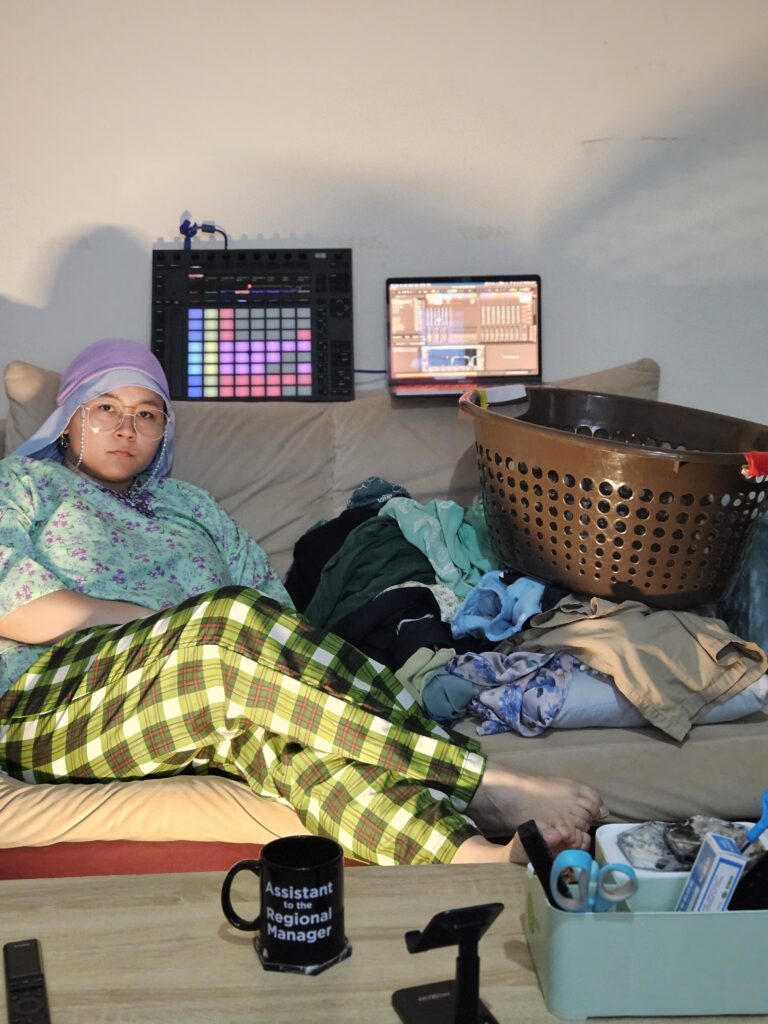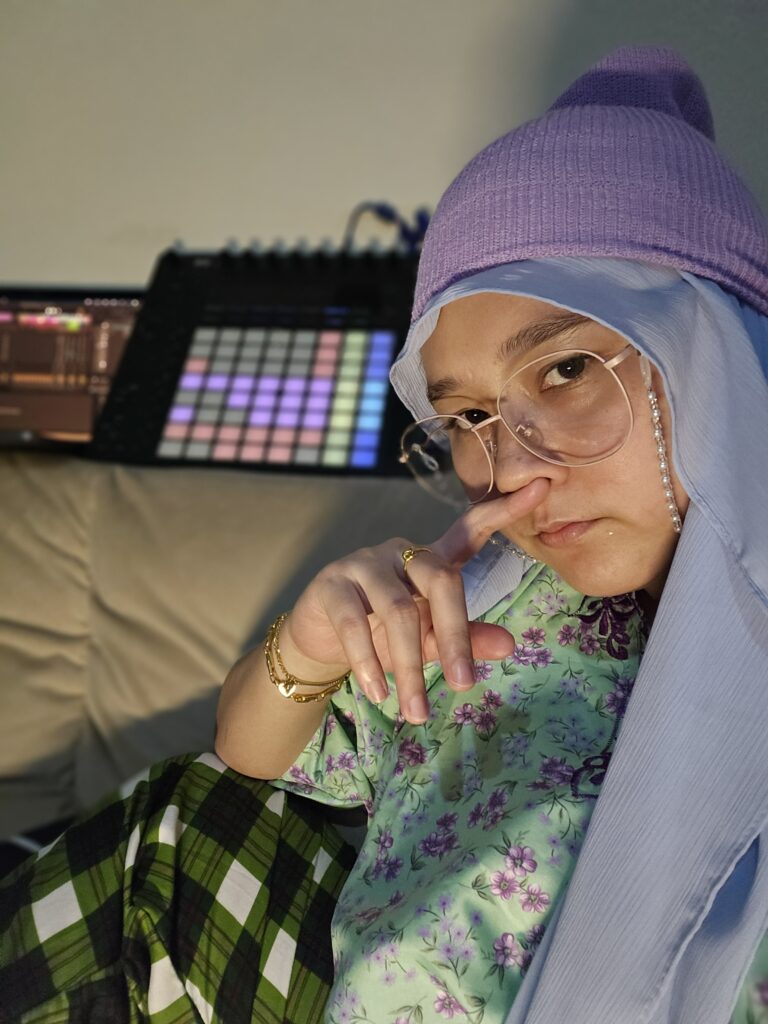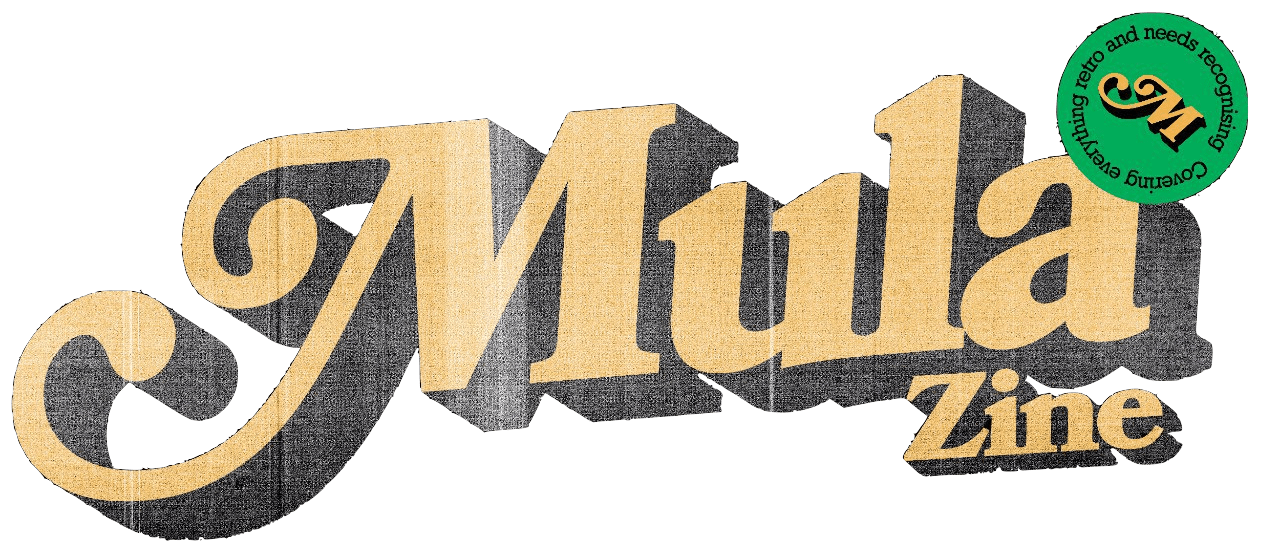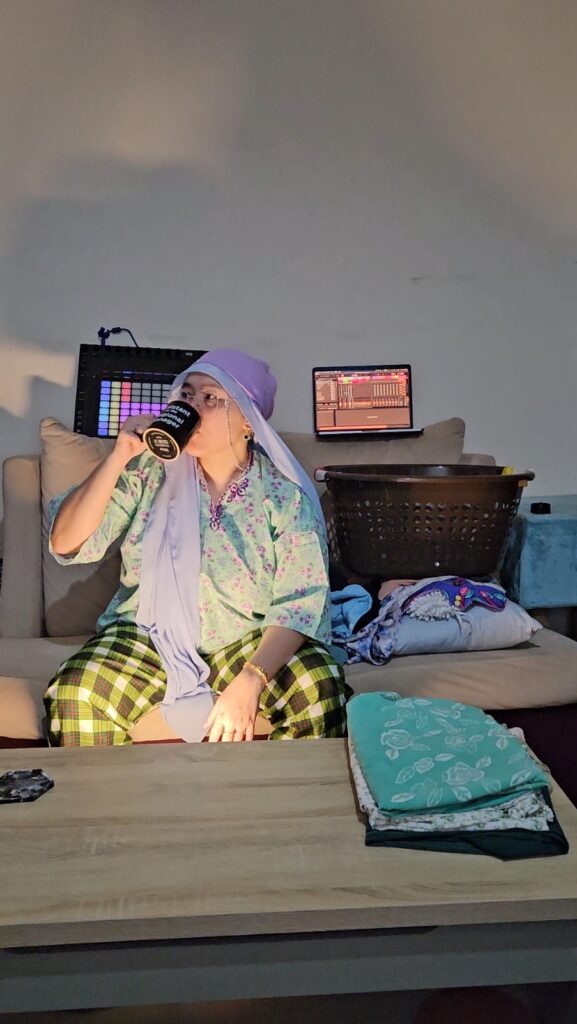This brings us to VIONA, a conceptual artist and singer whose work transcends mere entertainment. She’s witty, funny, and fiercely intelligent—a creator who, while not everyone’s cup of tea, has undeniably made something of her own for everyone. Her songs, rooted in a profound vision of life, resonate deeply with a wide audience. Her latest album, a brilliant mosaic of concepts framed through numbers 0-10 and proverbs containing words like ‘zero’ to ‘ten’ captures the essence of most Malaysian experiences, addressing a spectrum of human situations and current issues with stunning clarity.

In a recent conversation, VIONA passionately discussed the responsibility of public figures in today’s society. This is especially relevant in light of the Blockout 2024 movement—a digital boycott targeting celebrities who have remained silent or shown support for Israel’s war on Gaza. Sparked after the Met Gala on May 6th, this movement has galvanized global protests and aims to hold celebrities accountable for their silent stance on the current war crimes being committed. VIONA has been vocal about this issue, criticizing local influencers and celebrities at large for not using their vast platforms to address such pressing matters. As she stated in her latest explanation video, “Just because they’ve spoken about it once doesn’t mean it stops there. It keeps on going every day. If you can talk about your parties and your events, you can speak about Palestine.”
VIONA’s fearless advocacy and unapologetic voice underscores her commitment to art and activism, showing solidarity in a world where silence can no longer be an option.
Editor-in-Chief, Alia Soraya speaks to VIONA.
Alia Soraya: In a society heavily influenced by media and celebrity culture, to what extent should individuals be held accountable for their actions when they claim to be influenced by prominent figures or trends?
VIONA: If we’re talking about individuals as the audience, it has been proven time and again that the actions of prominent figures heavily impacts the narrative of the general audience. Going against the flow often means being the black sheep of their community. The relentless media spotlight on everything a celebrity does, good or bad, makes it hard to escape these narratives. I remember reading bits of Digital Minimalism by Cal Newport, where he mentions that social media is designed to be addictive. When that drug is at our fingertips, it’s really hard to quit cold turkey. But at the same time, it’s important to remember, you are what you eat. We, as individuals, can only break the cycle when we finally feel the fatigue and decide to “reset the algorithm.”
A.S.: With songs often exposing and critiquing scams like MLM (Multi-Level Marketing) and pyramid schemes, why do you think people continue to fall for these despite the widespread awareness of their potential for harm? Does this reflect a failure of the educational system to instill critical thinking skills?
VIONA: Money can change people, regardless of their education. The economy is volatile, and events like the pandemic can happen at any time. One can be wealthy today and penniless tomorrow. The desire to maintain a luxurious lifestyle, propelled by social media or peers, can drive anyone to desperate measures. Sometimes, the marketing is so good you don’t even realize it’s an MLM. For instance, Neelofa started Markaz Tijaari with the intention of giving Muslim women a platform to start a business, but in hindsight, it was just another MLM scheme. As long as society views a luxurious lifestyle as the ultimate goal, these schemes will persist.

A.S.: How do societal perceptions of intelligence impact an individual’s social and professional lives, especially when phrases like “tong kosong nyaring bunyinya” are prevalent? Does this encourage a culture of superficial knowledge rather than true understanding?
VIONA: The perception of intelligence can hold until someone in the circle decides to challenge it. How a person answers a question reveals their true understanding. Confidence is key. This is why meaningless podcasts are rampant; listeners don’t challenge the speakers, who remain in echo chambers. Social media rewires our brains leading us to have even shorter attention spans, making us accept information at face value. Few people dive deeply into issues unless emotionally provoked. One should remind themselves that social media is used as an entertainment platform rather than a place for knowledge. Once this is clarified, we can encourage a more deeper understanding of current social issues.
A.S.: Considering lyrics in songs that discuss financial deceit and betrayal, how should society deal with individuals who repeatedly engage in unethical financial behaviors? Is redemption possible, or are some individuals ‘beyond redemption’ as suggested by the proverb “Gagak dimandikan tujuh kali seharipun takkan putih bulunya”?
VIONA: It all depends on the individual’s self-awareness. Billionaires shouldn’t exist; having hundreds of millions is too much for one person. Repeat offenders have tasted ostentatious living and find it hard to dial back. Society should deal with unethically wealthy people by holding them accountable. If they can’t reform, drastic measures might be necessary. The best way for society to deal with them is to “eat the rich” or consider a revolution.
A.S.: Given the use of specific cultural proverbs and scenarios, how do you ensure that your message resonates universally, especially so with a gaining globalized audience?
VIONA: I don’t have much of a global audience, and the album is in Malay, which limits the target demographic. This project was for me to focus on a body of work within a theme. The ongoing genocide made it hard for me to release light-hearted content. This album reflects issues of the past, present, and future.
A.S.: In creating works that discuss marginalized and underrepresented communities, how do you involve those communities in your creation process?
VIONA: Unfortunately, I’m too selfish and lazy to engage directly with people. Most stories are based on what I consume online. I try to write generically to avoid misrepresenting any specific communities. Sometimes, I write from their perspective if I feel connected to their struggles.
A.S.: What are the biggest challenges you’ve faced when maintaining artistic integrity while addressing such sensitive and complex issues?
VIONA: Money is the biggest challenge. These songs don’t make money; they’re too serious and complex. Someone recently suggested I write pop songs like Taylor Swift so I can gain fame and success. It would be disingenuous, though. I don’t have the experience to write love songs. My open stance on issues might make it hard for listeners to relate. Heartbreak songs are great entertainment, but songs about parasocial relationships are depressing to me.
A.S.: The lyrics effectively use metaphors and cultural proverbs to communicate complex social dynamics, which can be powerful in sparking dialogue. However, the abstractness and depth of cultural references might limit the accessibility of the message to those not familiar with the issues or cultural context. How does the work ensure that it reaches, not only those who are already sympathetic to or aware of these issues but also those who are not?
VIONA: The original approach is to be indirect, as peribahasa/pantun [proverbs / poems] are. The songs extend the proverbs’ meanings, so they don’t require immediate understanding. Listeners who want to know the direct meaning of each song should come to my shows.
A.S.: Considering the critique of pseudoscience in some lyrics, what are the dangers of pseudoscience and misinformation in public health and personal wellness? How can society combat these effectively while respecting freedom of speech?
VIONA: The worst-case scenario is a pandemic causing millions of deaths. Combating misinformation should start with early education, but, understandably, people are wary of information online. Research is crucial. Facts evolve with discoveries, so every piece of
information should be proven factual.
A.S.: Can you share a specific instance where your work led to a tangible change in perspective or behavior in your audience?
VIONA: It’s hard to quantify the change because I’m not there to see it. The work may not be strong enough to cause significant change.
A.S.: How do you, as VIONA, decide your new identity while addressing societal issues in your work? Are there any topics that you consider off-limits or too sensitive to touch?
VIONA: VIONA was a solo project to explore topics freely. So far, no topic is off-limits. I write about my experiences as a Malay Muslim woman/non-binary pansexual with bipolar and ADHD. If an issue triggers me, I write from their perspective without claiming it’s my narrative.
A.S.: What criteria do you use to navigate this decision-making process?
VIONA: Most decisions are spontaneous, from lyrics to production. The backbone is using pantun/peribahasa numbered ‘kosong’ to ‘sepuluh.’ After identifying the metaphors’ meanings, fleshing out the songs is easy by tying them to current issues. And boredom is the main criterion.
More on VIONA’s album here.

